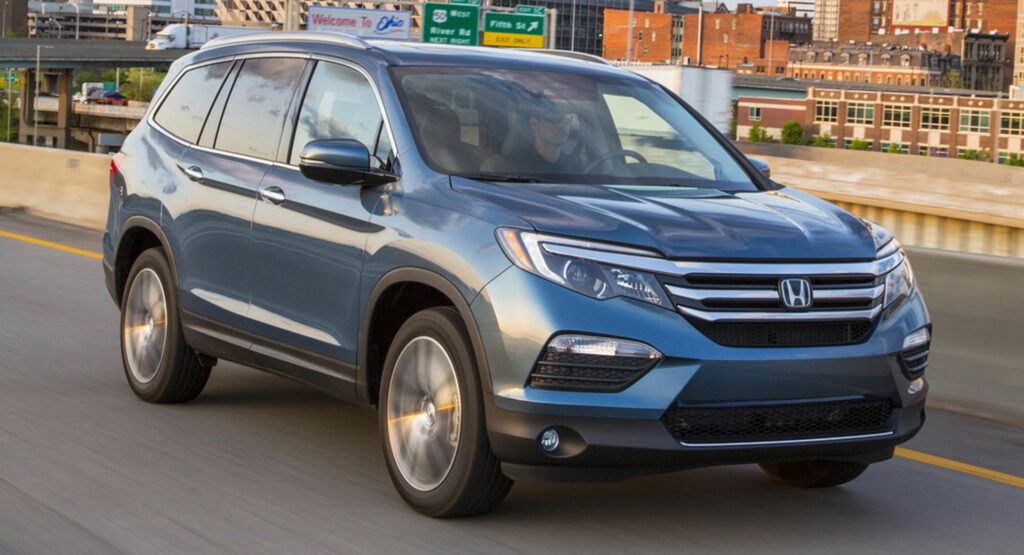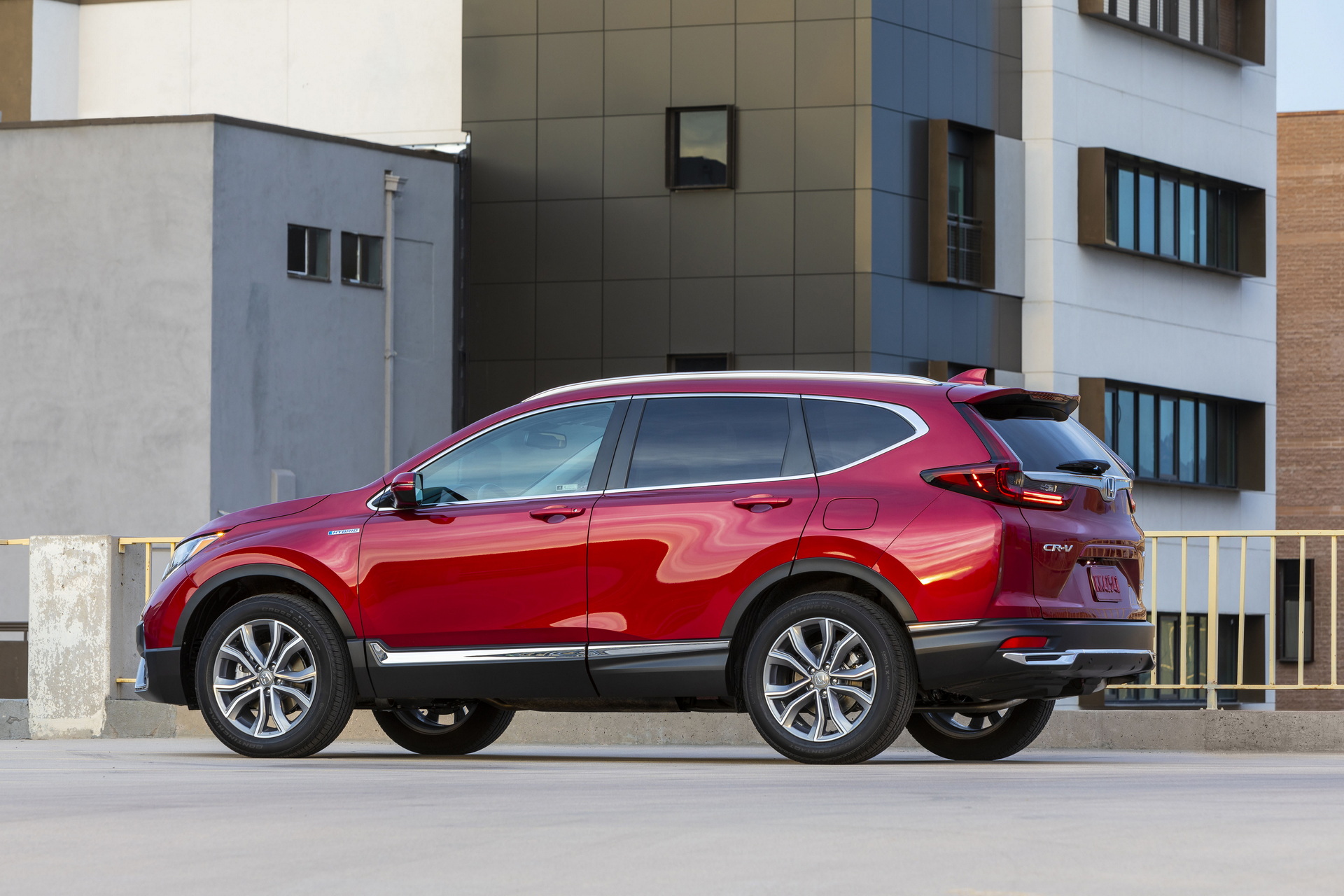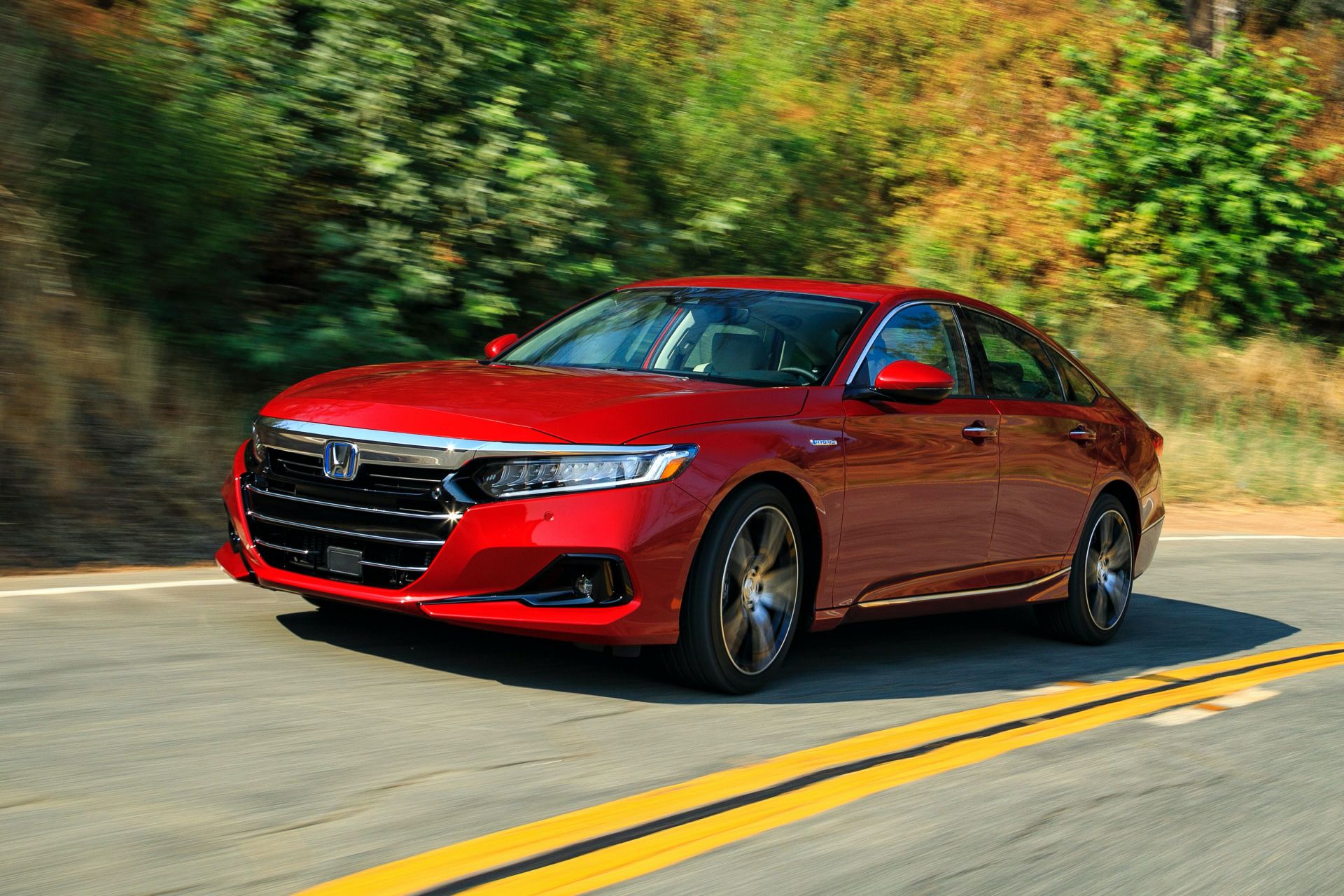The National Highway Traffic Safety Administration (NHTSA) is ramping up its investigation into more than 1.7 million Honda vehicles with unintended braking issues.
The regulator first launched its probe into the issue in February following complaints from 278 owners of 2018-2019 Honda Accord and 2017-2019 Honda CR-V owners, alleging inadvertent activation of the automatic emergency braking system.
A letter addressed to Honda’s division head for product safety, Jeff Chang, from the NHTSA requests additional information about the braking system, as well as its components and operation. More specifically, the NHTSA wants details about the sensors, control modules, hardware, software, data, and wiring related to the AEB system. The probe is also no longer limited to Accord and CR-V models and also includes the 2017-2018 Acura RDX, 2017-2019 Civic, 2017-2019 Pilot, and 2019 Passport.
Honda spokesman Chris Martin confirmed to Auto News that the car manufacturer is aware of the investigation.
“Honda will cooperate with the NHTSA through the investigation process, and we will continue our own internal review of the available information.”
If Honda doesn’t respond to the letter by August 12, it could face civil penalties of up to $122 million.
In its letter, the NHTSA has requested information about how both Honda’s Sensing and the AcuraWatch advanced driver-assistance systems interact with other functions, as well as if factors such as sun glare, weather, and road objects could impact how the system performs. It is also seeking information about all complaints or lawsuits related to the unintended braking issue and wants to know just how many Honda products have the system.
The NHTSA is preparing a proposal that would require automatic emergency braking systems on all new light-duty vehicles.





